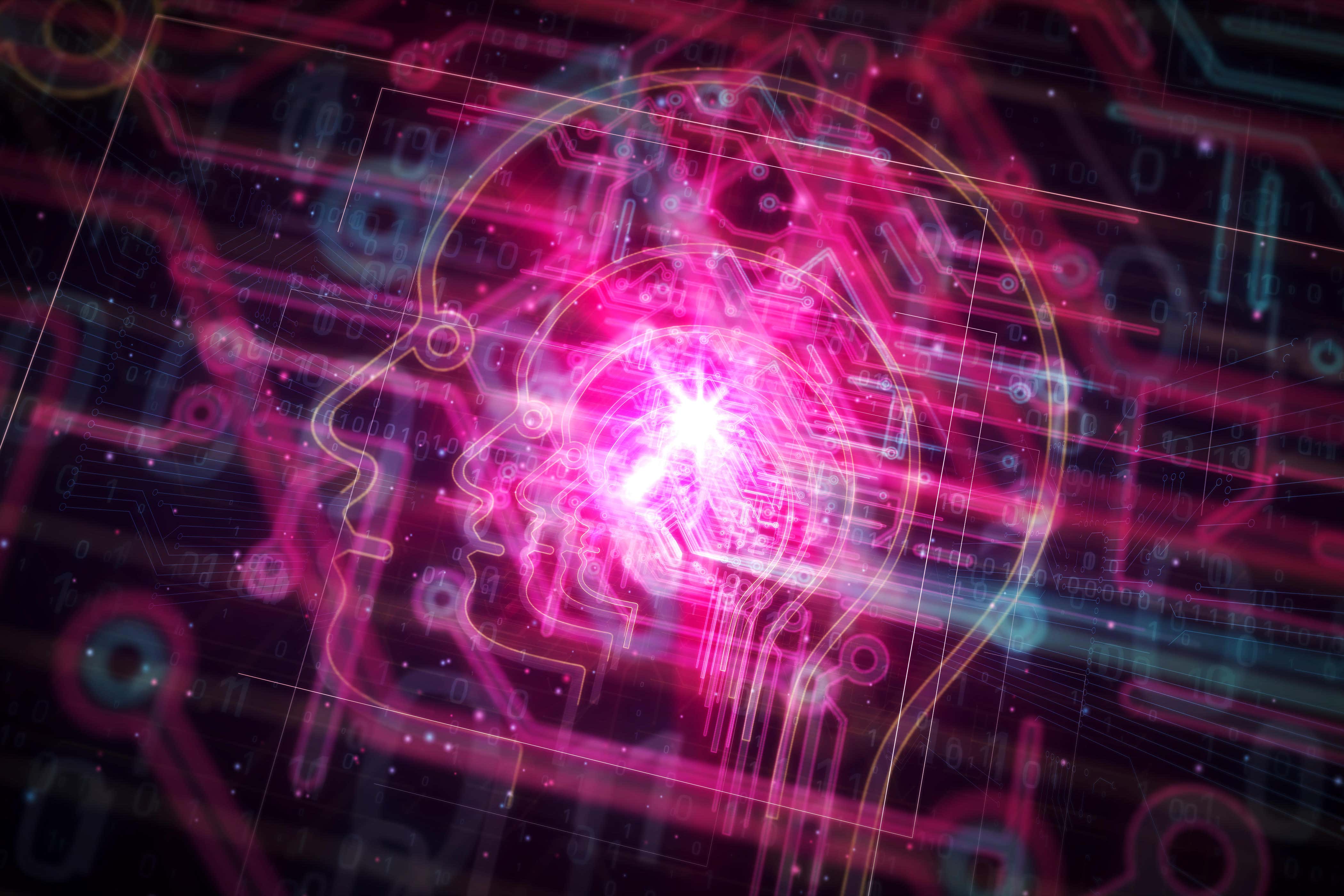Regulations needed to stop AI being used for ‘bad things’ – Geoffrey Hinton
Professor Hinton, a Nobel Prize winner, was once dubbed the ‘godfather’ of AI.

British-Canadian computer scientist Geoffrey Hinton said we need to be “very careful” and “very thoughtful” about the development of artificial intelligence (AI) which he says is a “potentially very dangerous technology”.
Professor Hinton, who won the Nobel Prize in Physics this year, said the pace of change in the area of AI is “much faster” than he expected and there has not been enough time to complete the research he believes is required.
While his work has laid the foundations for machine learning, technology that allows computers to mimic human intelligence, his recent efforts have centred on advocating for safer AI.
We need regulations to stop people using it for bad things, and we don't appear to have those kinds of political systems in place at present
Last year he made headlines after resigning from his job at Google, citing concerns “bad actors” would use the technology to harm others.
Reflecting on where he thought the development of AI would have reached when he first started this work, Prof Hinton told BBC Radio 4’s Today programme: “I didn’t think it would be where we would be now. I thought at some point in the future we would get here.
“Because the situation we’re in now is that most of the experts in the field think that sometime, within probably the next 20 years, we’re going to develop AIs that are smarter than people.
“And that’s a very scary thought.”
He added: “I like to think of it as, imagine yourself and a three-year-old – we’ll be the three-year-olds, and they’ll be the grown-ups.”
Prof Hinton said he thinks the impact AI could have on the world will be similar to the industrial revolution.
“In the industrial revolution, human strength ceased to be that relevant because machines were just stronger, and if you wanted to dig a ditch, you dug it with a machine.
“What we’ve got now is something that’s replacing human intelligence, and just ordinary human intelligence will not be at the cutting edge anymore. It will be machines,” he said.
Asked what he thinks life might be like in 10 or 20 years from now, Prof Hinton said: “It will depend very much on what our political systems do with this technology.
“So my big worry at present is that we’re in a situation now where we need to be very careful and very thoughtful about developing a potentially very dangerous technology.
“It’s going to have lots of wonderful effects in healthcare, and in almost every industry it’s going to make things more efficient, but we need to be very careful about the development of it.
“We need regulations to stop people using it for bad things, and we don’t appear to have those kinds of political systems in place at present.”
Prof Hinton said he fears AI will be bad for society if lots of people lost their jobs and all the benefit goes to rich people.
“If you have a big gap between rich and poor, it’s very bad for society,” he said.
“These things are more intelligent than us. So there was never any chance in the industrial revolution that machines would take over from people just because they were stronger. We were still in control because we had the intelligence.
“Now there’s the threat that these things can take control. So that’s one big difference,” he added.